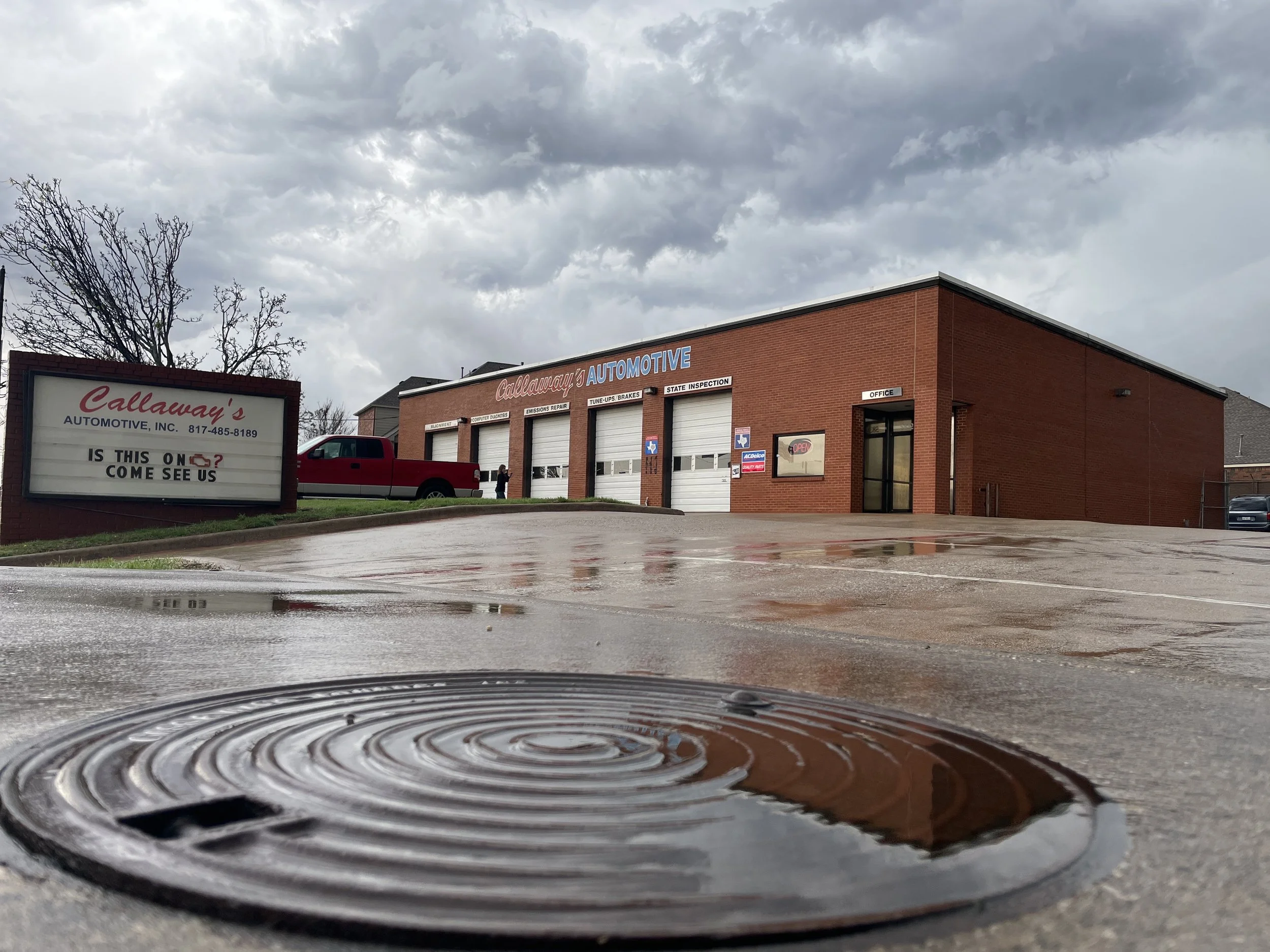Think about it for a minute: when it comes time to replace your brake pads they'll last anywhere from two to five years, depending on how much and how hard you stop. And there are times when you need to stop hard and fast! Can you trust your brakes to perform for you when you need them?
These three (3) reasons may help you decide how you invest in your next scheduled brake maintenance:
1. Brake Pad's Heat Resistance. Brake pads press against the rotor when the brake pedal is pressed. This pressing creates a friction that brings the vehicle to a stop. That braking friction creates heat, and heat is the enemy of brake pads.
In a semi-metallic brake pad, something like steel wool is the main component (up to 60%) which dissipates the heat from braking action.
Therefore, the heat resistance and heat dissipation of the material that makes up the brake pad is critical to the long term performance of your brakes. Put simply, the material must hold up to friction and heat in order to be effective over the course of the brake pad's life.
Brake pads come in three main materials: (a) Ceramic (b) Organic (c) Semi-metallic. They each have their virtues, and each vehicle's manufacturer recommends a particular pad for each different vehicle that they make. Their recommendation takes into account the brake pad's engineering to withstand and dissipate heat, for long periods of time, brake quietly, resist "glazing over" under high heat and pressure, and have a long wear life.
We consult the manufacturer and use the brake pads that they recommend, not cheap substitutes.
2. Brake Pad's Quality of Life. A brake pad will typically last 30,000 to 100,000 miles depending on how hard and how often you are braking. That translates into 2-5 years for most drivers. Over that many miles, you want a quiet brake and an effective brake.
This type of organic brake pad is sometimes found in older vehicles, and either a semi-metallic or ceramic brake pad will provide upgraded performance, generally.
Brakes that chatter and squawk are annoying. Brakes that "glaze over" under duress are dangerous. Installing cheap or incorrect brake pads often result in both annoying and dangerous situations, depending on the vehicle they're installed upon and the intensity of braking action. When the wrong brake pads are subjected to high heat for extended periods we've seen them glaze over to a high sheen which reduces their physical properties causing ineffective braking action between the brake pad and the rotor. In other words, when the brake pads glaze over, they won't stop your vehicle as quickly or smoothly.
This is another reason we use high quality manufacturer recommended brake pads.
3. Brake Pad's Life Expectancy. This last point is an intangible, "unproven" observation over our many years of maintaining and repairing brakes. But if the manufacturer recommends several different brake pads of different core materials, we think Ceramic brake pads last longer than any other type of brake pad and we'll use them. Roughly 80% of the stopping energy on new model vehicles is engineered for the front brakes. That's a lot of heat and pressure on your front brakes and we want to ensure our customers receive good value for their maintenance investment . This is yet another way that, when we have a choice, we have confidence in ceramic brake pads . . . they just last longer (we think)!
In summary, using the manufacturer's suggested high quality brake pads adds about $20-$30 more than the cheaper brake pads, but given the long life and the vital importance of being able to stop quickly and correctly, we believe the $5-$10 per year of "extra" cost would be foolish to forego when it comes time to replace your brake pads. Therefore, unlike many "cheap brake repair shops", we use branded high-quality brake pads instead of a "no-name" brake pad. We think brake pads matter!
If we can assess your vehicle's brakes, or help you with additional information to assist you as you make vehicle maintenance decisions please feel free to give us a call at (817) 485-8189






